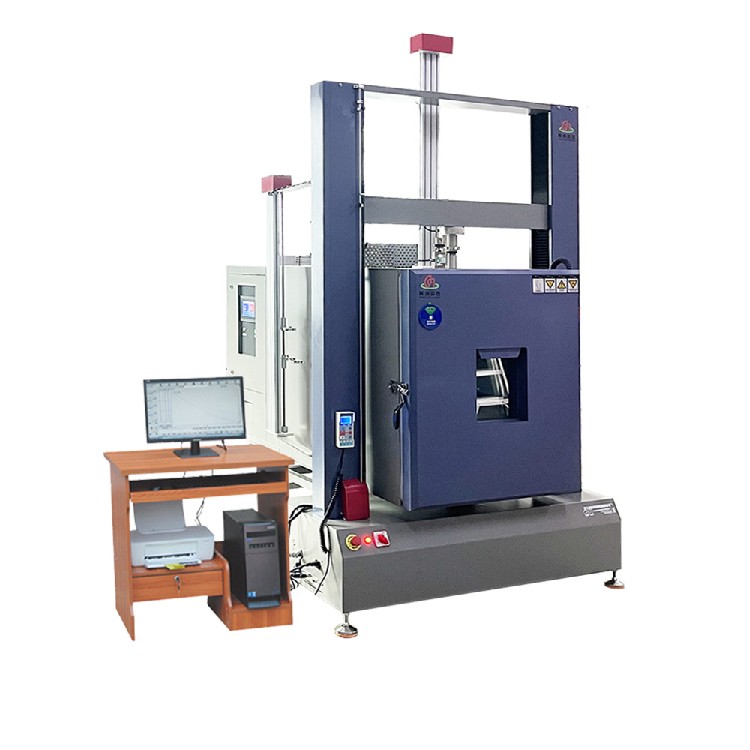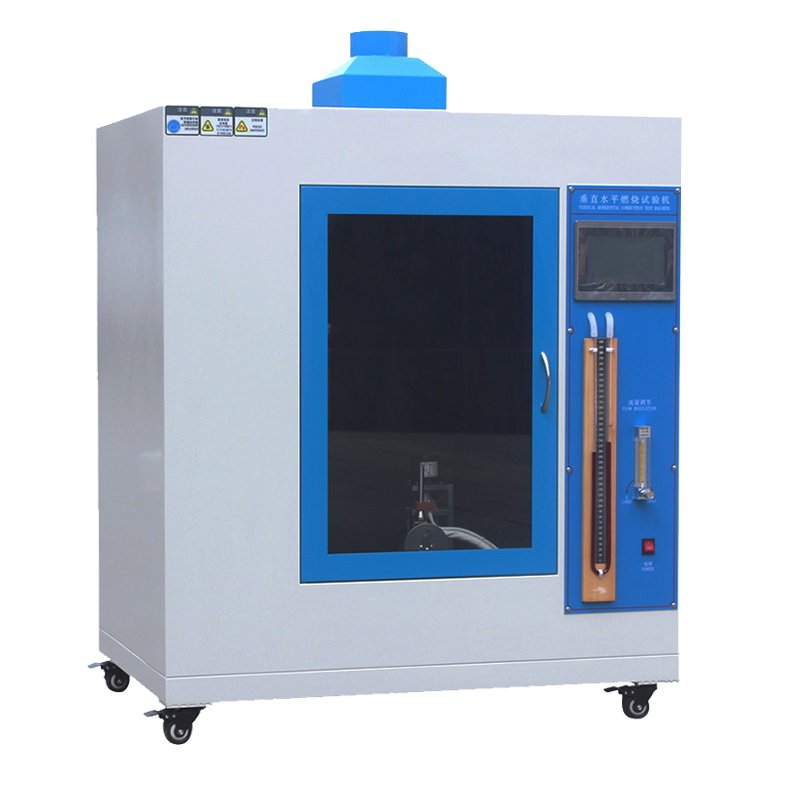Touch screen controlled high-low temperature tensile testing machine
Product description
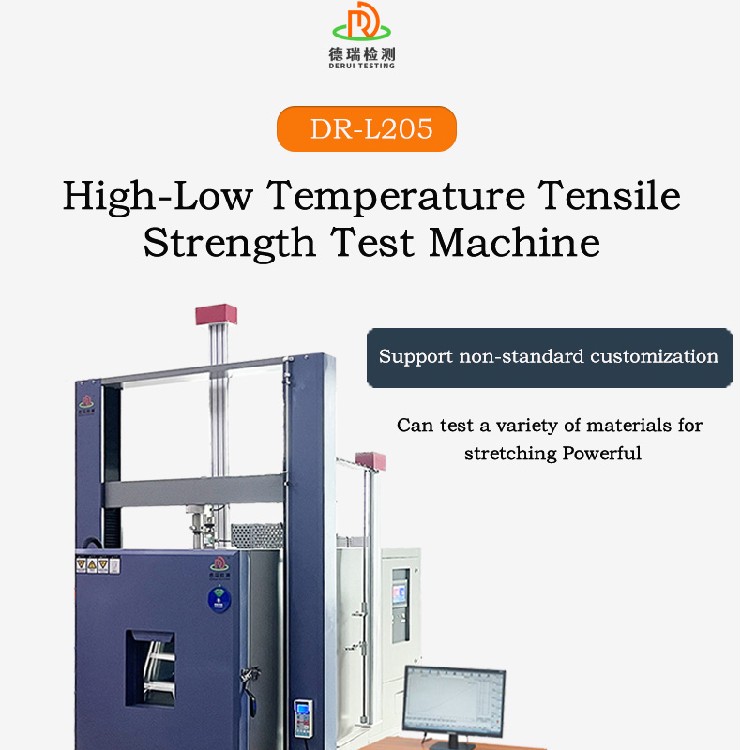
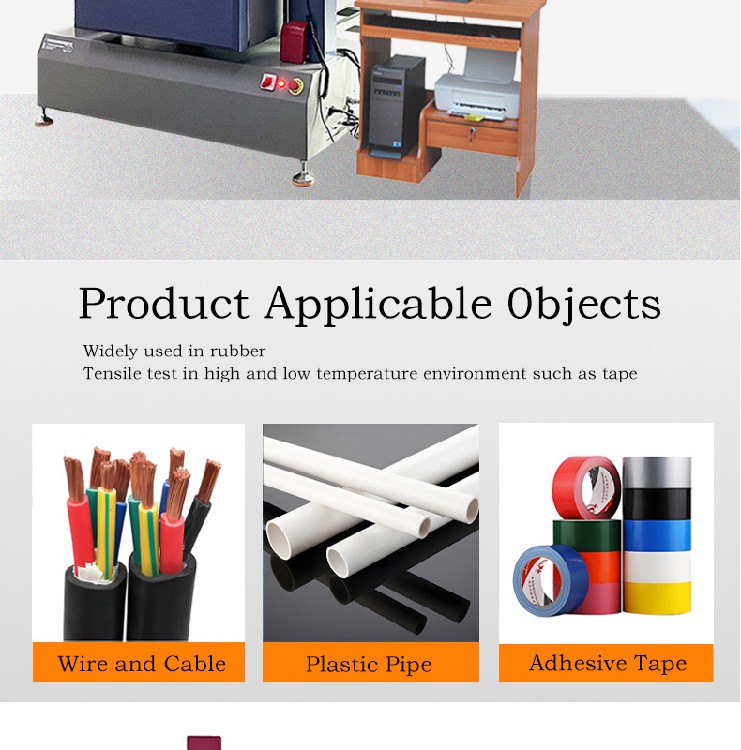
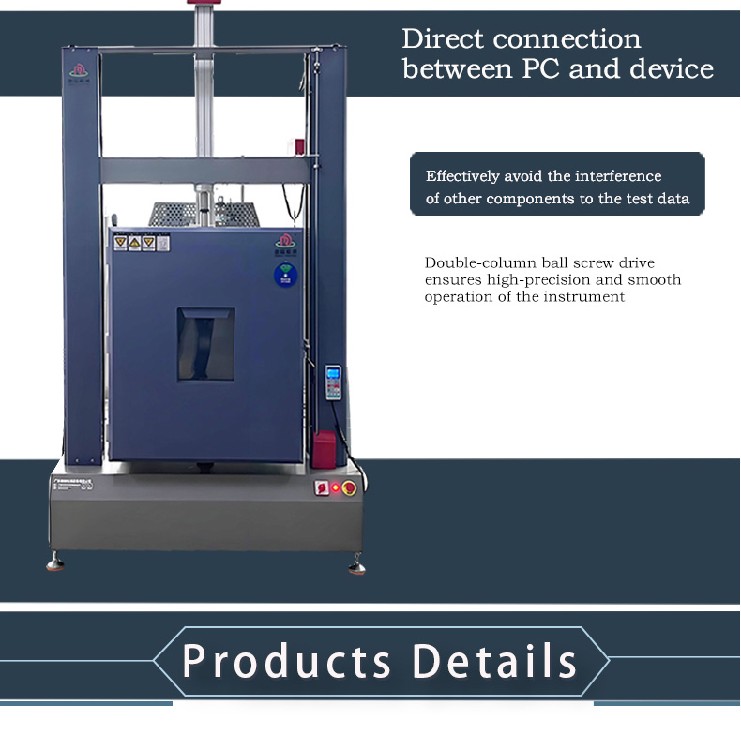
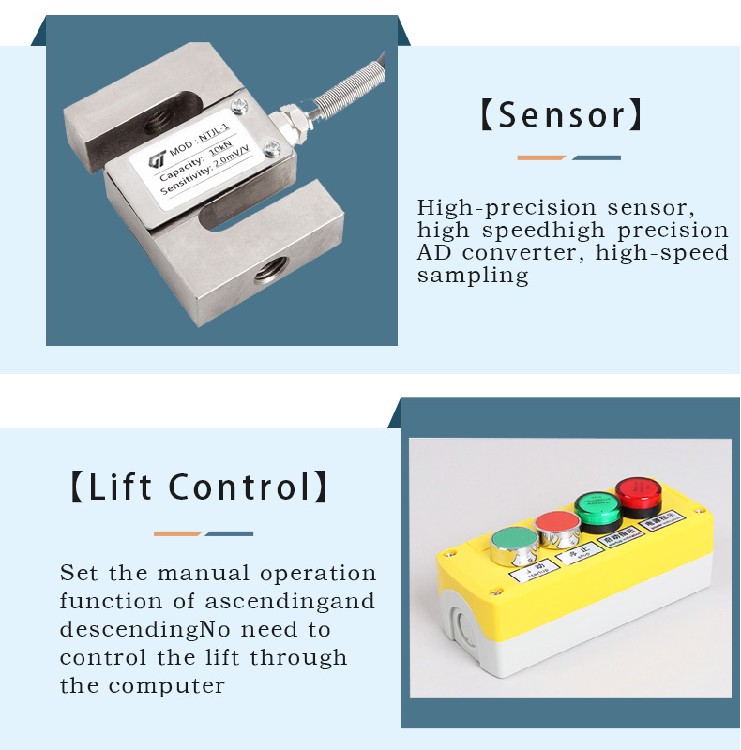
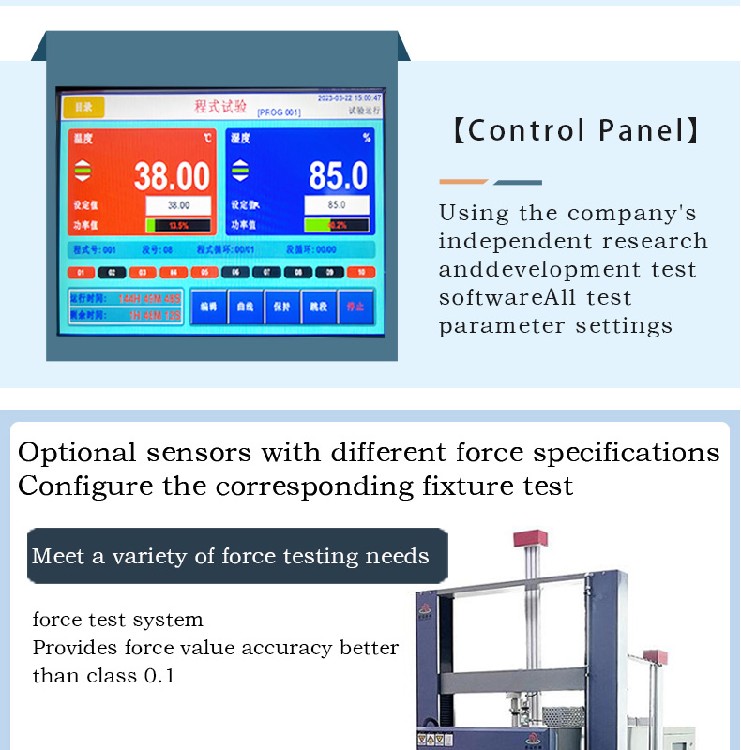
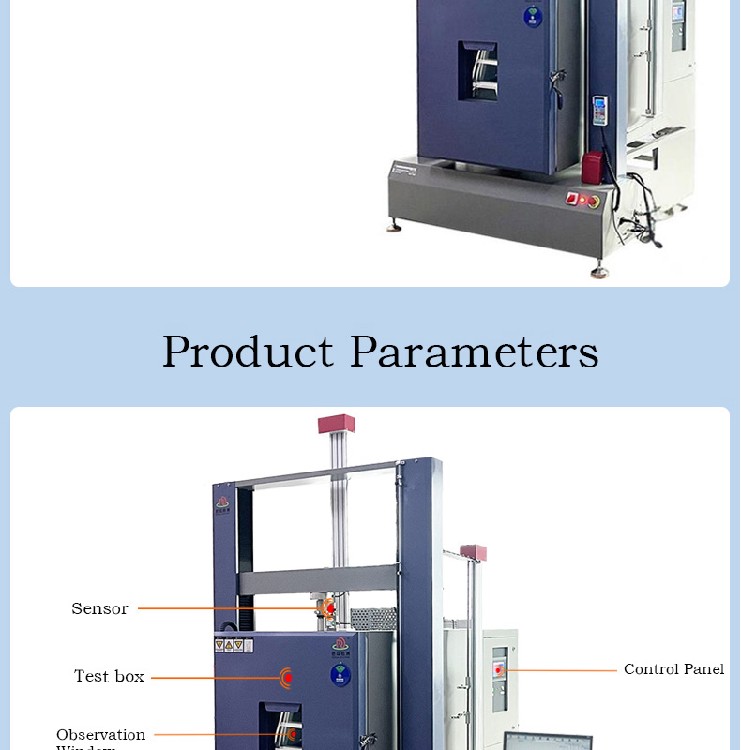
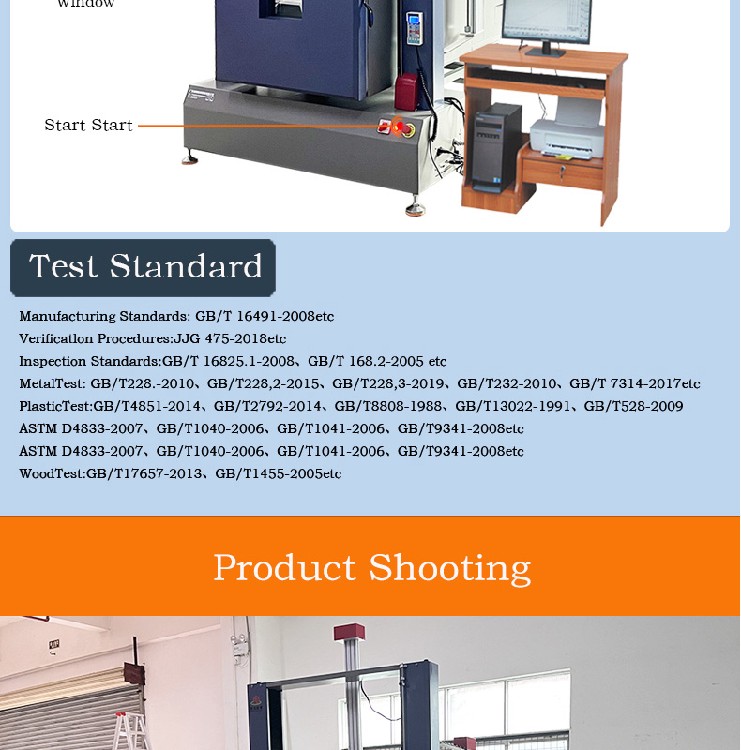
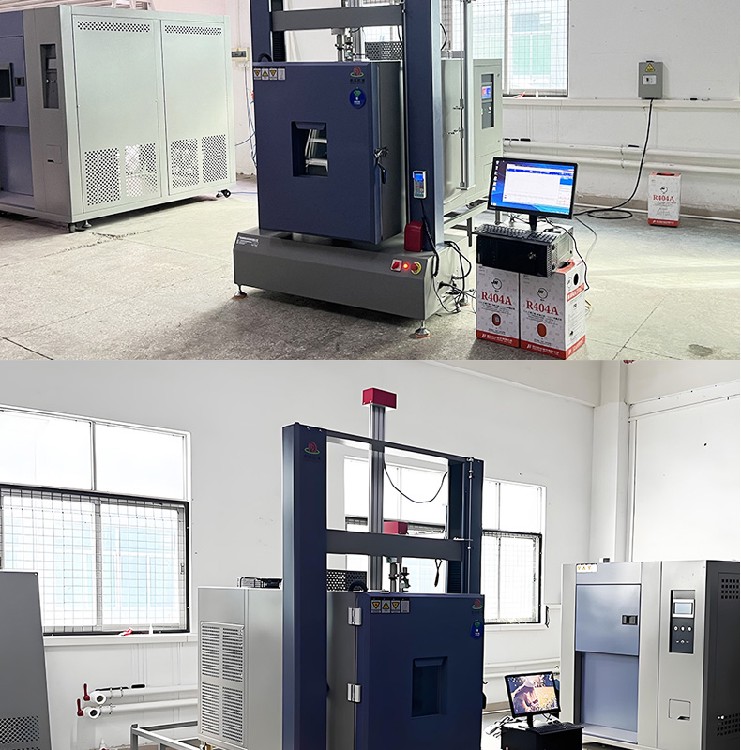
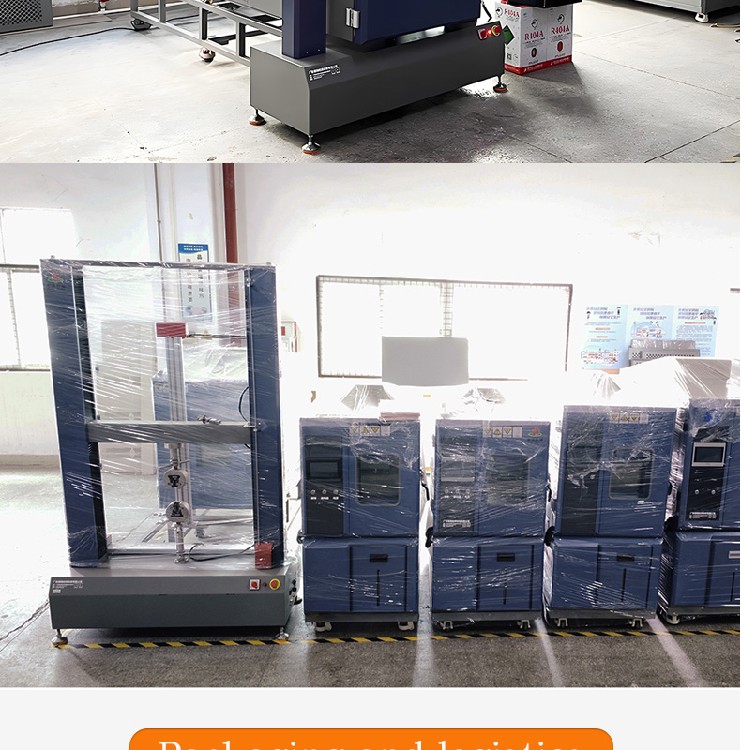
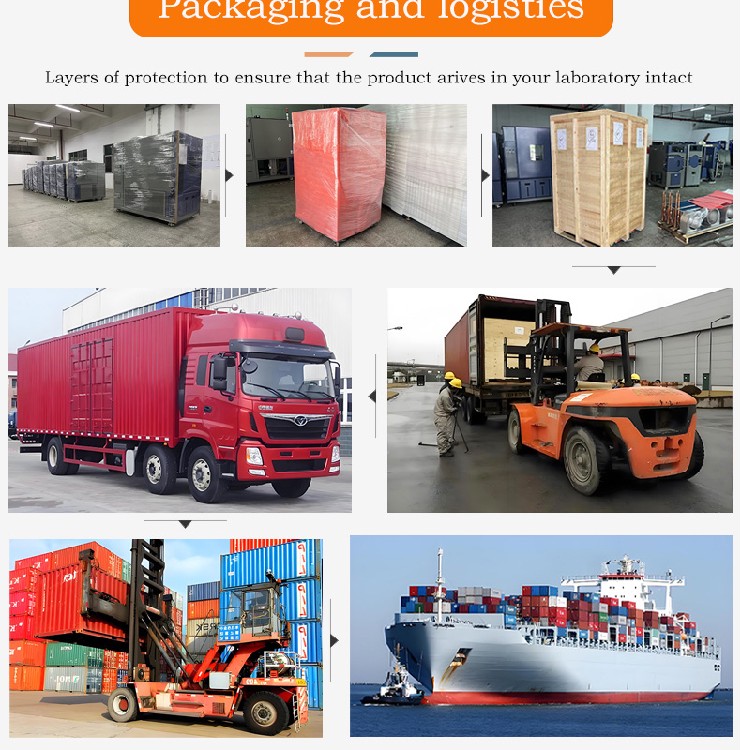
A Touch Screen Controlled High-Low Temperature Tensile Testing Machine integrates advanced features, providing precise control over both the tensile testing process and environmental conditions, all through an intuitive touch screen interface. This type of machine is commonly used for testing materials' mechanical properties under varying temperature conditions, such as high heat or extreme cold. The touch screen control adds ease of operation, advanced automation, and real-time data processing, improving overall efficiency and user experience.
Key Features of a Touch Screen Controlled High-Low Temperature Tensile Testing Machine:
- Touch Screen Interface:User-friendly Interface: Large, high-resolution touch screen displays real-time data and test settings. Easy navigation through menus for configuring tests, controlling temperature, and viewing results.Graphical Representation: The screen can display force-displacement curves, stress-strain curves, and other relevant data in real time.Programmable Test Profiles: Users can easily set parameters such as test speed, temperature range, and test cycles via the touch screen.Data Storage and Export: Allows for data logging, export in various formats (CSV, Excel, PDF), and easy retrieval of past test results.
- Temperature Control:Wide Temperature Range: Can accommodate temperatures from -100°C to 150°C or higher, depending on the machine's specifications.High and Low-Temperature Zones:The test specimen can be exposed to both high and low temperature environments.Some models can achieve rapid temperature changes, simulating real-world environmental fluctuations.Precise Temperature Control: Using integrated cooling (liquid nitrogen or refrigerant) and heating elements (electric or convection heaters), the machine ensures consistent and stable temperature regulation.
- High Precision Load and Strain Measurement:Load Cells: High-accuracy load cells measure the force applied to the specimen during the tensile test.Extensometers: These are used to precisely measure elongation or strain of the specimen during testing.Force-Displacement Data: This data is processed and displayed in real-time, allowing users to track the material’s behavior at different temperatures.
- Test Fixtures:Grips and Clamps: The machine typically comes with pneumatic, hydraulic, or mechanical grips to securely hold specimens of various shapes and sizes.Adaptable Fixtures: Custom fixtures or grips may be available for non-standard specimen types (e.g., polymers, composites, foams).Quick Release: Easy to change or replace grips through automated mechanisms controlled via the touch screen.
- Programmable Test Cycles:Users can set up test protocols where temperature ramps, hold times at specific temperatures, and cycles between high and low temperatures are all automated.Temperature Cycling: This feature simulates the real-world effects of environmental cycling, where materials are rapidly subjected to changing temperatures.
- Real-Time Monitoring and Feedback:Live Data Display: The machine displays live graphs of force vs. displacement, stress-strain curves, or any other set parameters.Real-Time Alerts: The system can alert users to issues such as equipment malfunction, test failures, or if the specimen breaks, ensuring proper data integrity.Data Logging: Continuous data logging allows you to track and analyze material behavior over the course of the test, often with the ability to pause, restart, or stop the test if necessary.
- Advanced Control and Automation:Programmable Temperature Profiles: The user can program specific temperature profiles and ramp rates for precise environmental control.Automated Test Sequence: Once configured, the machine can automatically transition between heating and cooling phases, allowing hands-off operation.Multi-Stage Testing: Users can define multi-stage testing sequences (e.g., heat the sample, hold for a period, perform tensile test at specific temperatures) all controlled via the touch screen.
- Test Standards and Compliance:The machine is typically built to comply with international standards such as:ASTM E21 – Guide for Elevated Temperature Tension TestsISO 527 – Tensile Testing of PlasticsASTM D412 – Standard Test Methods for Vulcanized RubberASTM B557 – Tensile Testing of Metallic Materials at Elevated Temperatures
- Safety Features:Emergency Stop Button: For safety, the machine includes an emergency stop feature that halts all operations in case of issues.Overload Protection: Load cells and temperature controls come with built-in overload protections to prevent damage to the specimen or testing machine.Temperature Monitoring: Sensors continuously monitor chamber temperature to prevent overheating or overcooling, ensuring test integrity and safety.
Applications:
- Plastics and Polymers:
- Rubber and Elastomers:
- Metals and Alloys:
- Composites:
- Aerospace and Automotive:
- Manufacturing and Quality Control:
Advantages of Touch Screen Control:
- Ease of Use: The intuitive interface simplifies the test setup, control, and data retrieval.
- Real-Time Feedback: Immediate access to test progress and results allows for quicker adjustments.
- Automation: Reduces the need for manual input, which reduces the risk of operator error.
- Customization: Customizable test profiles allow for highly specific testing conditions.
- Remote Access: Some systems allow remote operation and monitoring through networked touchscreens or computers.
Example of Common Model Manufacturers:
- Instron: Known for high-quality tensile testing machines with integrated environmental chambers and touch screen controls.
- Zwick Roell: Provides a variety of tensile testing machines with touchscreen interfaces for testing under extreme conditions.
- MTS Systems: Offers high-precision materials testing machines, including those for high and low temperature applications, with touch screen and automated control systems.
- Shimadzu: Offers tensile testing machines with touchscreen interfaces and built-in environmental chambers for temperature-controlled testing.
If you're looking for specific recommendations based on your application or need more details about machine specifications, feel free to let me know!
Recommended products
